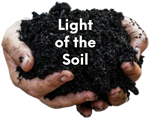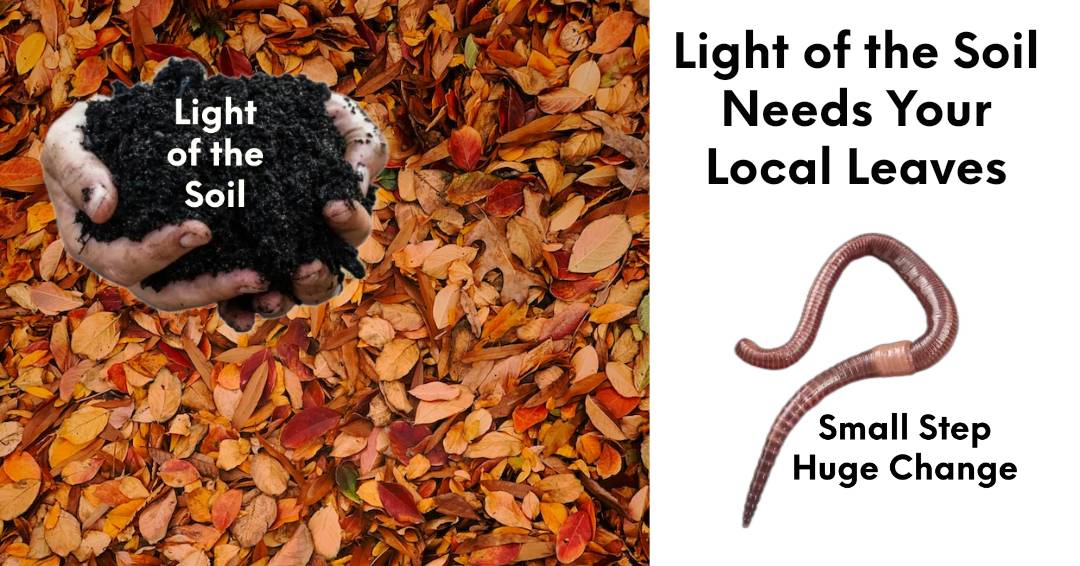Balanced Carbon-Nitrogen Ratio: Local tree leaves are an excellent source of carbon, which is crucial to maintaining a balanced carbon-nitrogen ratio in the compost bin. Worms require a diet that includes both carbon-rich (browns) and nitrogen-rich (greens) materials. Tree leaves provide the necessary carbon to complement the nitrogen-rich food scraps.
Organic Matter Enrichment: Tree leaves, when broken down, enrich the compost with organic matter. This organic material enhances the soil structure, improves aeration, and helps with moisture retention. The resulting compost becomes a valuable soil conditioner, promoting healthier plant growth.
Microbial Habitat: Tree leaves create a favorable habitat for beneficial microorganisms in the composting system. These microorganisms aid in the decomposition process, breaking down organic matter and releasing essential nutrients that become available for plant uptake.
Local Sustainability: Utilizing local tree leaves supports sustainable and eco-friendly practices. It reduces the need for transportation and minimizes the carbon footprint associated with importing materials. It's a resource-efficient approach that harnesses the benefits of what the local environment provides.
By incorporating local tree leaves into their vermicomposting process, Light of the Soil demonstrates a commitment to sustainable and environmentally conscious gardening. This practice not only nourishes the composting worms but also contributes to soil health, waste reduction, and the well-being of the local ecosystem.

